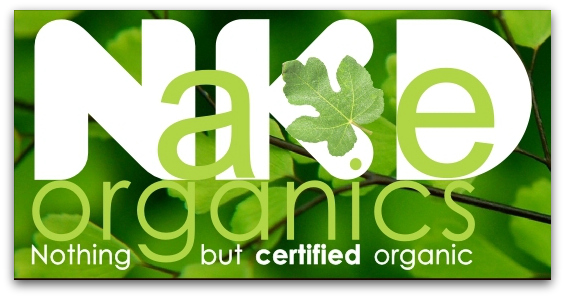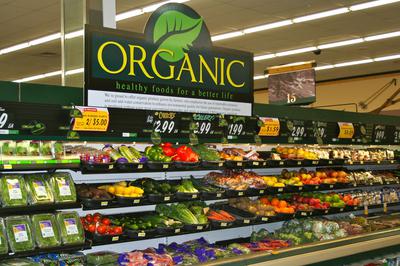|
|
www.moyoway.com |
Buy your Certified Organic |
|
|
CLICK FOR NAKED www.moyoway.com |
Moyo is an African origin word which implies that the
"heart and mind act as one to cultivate the spirit”
Organic Food is Substantially Different
by Louis
(Spain)
Organic is Different
A new study published in the British Journal of Nutrition shows organic milk and meat contain around 50% more beneficial omega-3 fatty acids than non-organic. In addition to organic milk and meat, the nutritional differences also apply to organic dairy like butter, cream, cheese and yoghurt. The study is the largest systematic review of its kind and led by Newcastle University and an international team of experts.
Key findings:
- both organic milk (dairy) and meat contain around 50% more beneficial omega-3 fatty acids than conventionally produced products
- organic meat had slightly lower concentrations of two saturated fats linked to heart disease
- organic milk and dairy contains 40% more conjugated linoleic acid (CLA) – (CLA has been linked to a range of health benefits including reduced risk of cardiovascular disease, certain cancers and obesity)
- organic milk and dairy contains slightly higher concentrations of iron, Vitamin E and some carotenoids
- organic milk contains less iodine than non-organic milk
Helen Browning, chief executive of the Soil Association said:
“This research confirms what many people have always thought was true - what you feed farm animals and how you treat them affects the quality of the food - whether it’s milk, cheese or a cut of meat. These scientists have shown that all the hard work organic farmers put into caring for their animals pays off in the quality of the food they produce - giving real value for money.
“Organic farming methods require all organic farmers to adopt techniques that guarantee nutritionally different foods. Following research in 2014 confirming nutritional differences between organic and non-organic crops like fruit and vegetables – we can now say for certain that organic farming makes organic food different.”
Source : Soil Association





